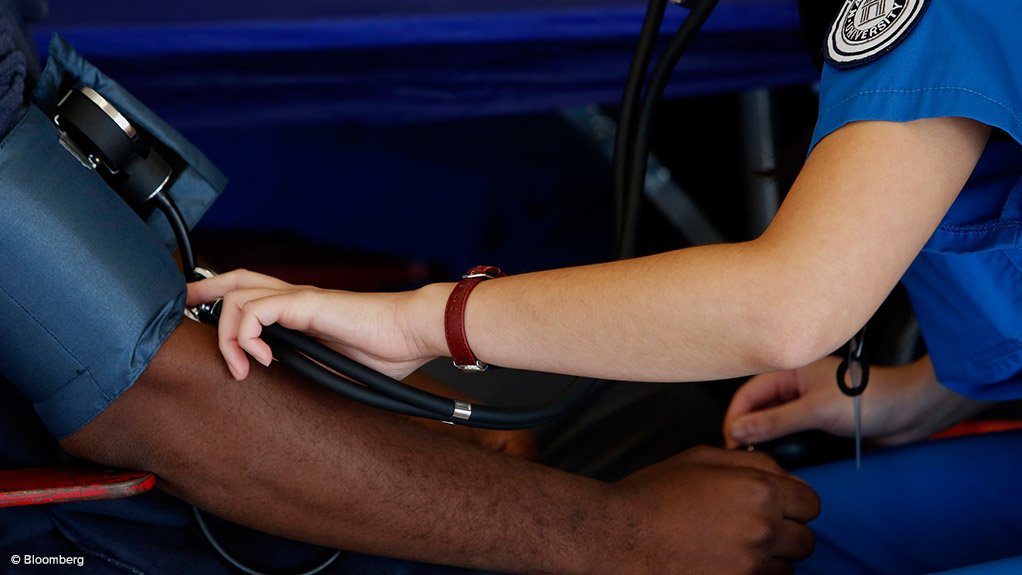/ MEDIA STATEMENT / The content on this page is not written by Polity.org.za, but is supplied by third parties. This content does not constitute news reporting by Polity.org.za.
The Gauteng Health Department used to record infections that patients got in hospitals, which are largely caused by poor hygiene, but now says that they do not record these infections.
Gauteng Health MEC Gwen Ramokgopa says in a written reply to my questions in the Gauteng Legislature that "there is no syndromic recording, only laboratory based data of all positive cultures is kept" and that "from the laboratory results register there is no differentiation of origin of infection."
The technical name for hospital-acquired infections is nosocomial, which refers to infections that are caught in hospitals, often caused by organisms that are resistant to antibiotics.
Two years ago the department disclosed in a reply to my questions that there were 1533 hospital-acquired infections from 2012 to 2014 and this caused 20 deaths.
Chris Hani Baragwanath Hospital was the worst hospital for infecting patients, with 376 patients getting nosocomial infections in 2014, and 13 died, mostly babies from Klebsiella pneumonia.
I have no doubt that there are still hundreds of nosocomial infections in Gauteng hospitals that could be prevented with better hygiene, but these are no longer being recorded.
It is essential to monitor these infections so that prevention efforts can be targeted at the problem areas.
I suspect that the department may be covering up these infections as they could lead to huge medical liability payments.
Ramokgopa says that the department is following World Health Organisation (WHO) guidelines in curbing nosocomial infection which is caused by the following factors: Microbial agent, Patient susceptibility, Environments and Bacterial resistance.
Some hospitals do very well in this area, such as Charlotte Maxeke Johannesburg Hospital which only had 8 nosocomial infections in 2014, which shows that infection rates can be kept down with proper care.
Proper monitoring and effective interventions are needed to ensure that patients do not get infections while in hospital.
Issued by DA
EMAIL THIS ARTICLE SAVE THIS ARTICLE ARTICLE ENQUIRY
To subscribe email subscriptions@creamermedia.co.za or click here
To advertise email advertising@creamermedia.co.za or click here











